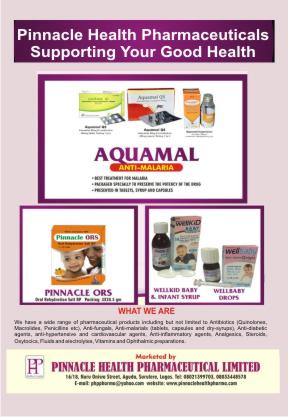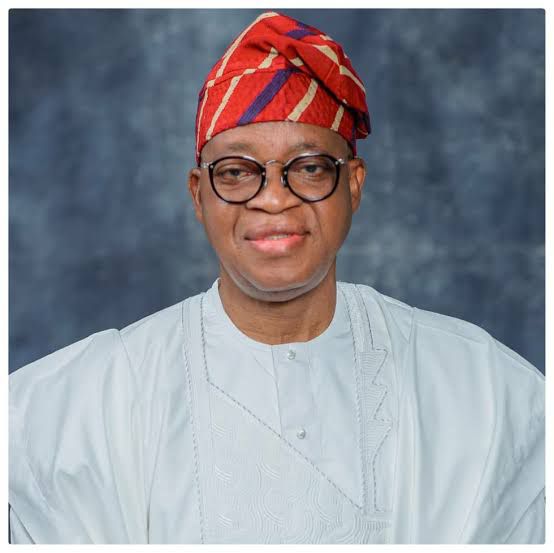
OYETOLA
- Nigeria pitches its Marine and Blue Economy as Africa’s next big frontier

BY GODWIN OBI
Nigeria’s Minister of Marine and Blue Economy, Adegboyega Oyetola, CON, has called on global investors to unlock the vast opportunities in Nigeria’s maritime space, describing it as a gateway to Africa’s economic transformation.
The Minister made the call in London during the ongoing London International Shipping Week (LISW) 2025, one of the world’s most influential maritime gatherings.
Speaking at the Africa Maritime and Shipping Assembly held at the International Maritime Organization (IMO) headquarters, Oyetola—represented by NIMASA Director General, Dr. Dayo Mobereola—urged investors to look beyond quick returns and focus on the long-term rewards of Nigeria’s rapidly evolving blue economy.
Navigating Africa’s Maritime Future
Delivering a keynote on “Navigating Regulatory Seas: Steering Africa’s Maritime Governance Towards Seamless Trade,” Oyetola highlighted the reforms that have repositioned Nigeria as an attractive hub:
Regulatory clarity and reforms
Modernized port infrastructure
Enhanced maritime security
Commitment to sustainable shipping
“Our oceans and inland waterways are our lifeblood—our highways to prosperity, and the arteries that will power the African Continental Free Trade Area,” he declared.
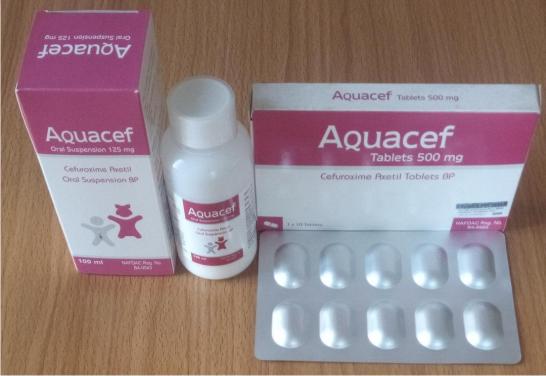
A Record of Maritime Security
Oyetola pointed to Nigeria’s success in tackling piracy, citing the Deep Blue Project and enforcement of the SPOMO Act.
“Nigeria has recorded three consecutive years without piracy in its waters,” he said, noting that this achievement has earned global commendation and restored investor confidence in the Gulf of Guinea
Ports Built for Growth
On infrastructure, the Minister spotlighted the Lekki Deep Sea Port, describing it as a symbol of successful public-private collaboration. With the capacity to berth the world’s largest vessels, Lekki is set to serve as a regional transshipment hub, providing critical access for landlocked countries like Chad, Niger, and Burkina Faso.
Balancing Growth with Sustainability
Oyetola reaffirmed Nigeria’s commitment to a green maritime future, pledging to promote eco-friendly port infrastructure, climate-resilient coastal management, and sustainable shipping practices.
“The blue economy must not only drive profit—it must also protect the environment for generations to come,” he said
Breaking Down Barriers
Beyond national reforms, Oyetola called for harmonisation of Africa’s maritime regulations, warning that fragmented customs procedures and port rules undermine the promise of the African Continental Free Trade Area.
“It is a paradox to remove tariffs under AfCFTA, while leaving non-tariff barriers intact,” he said, urging accelerated implementation of the Revised African Maritime Transport Charter.
Nigeria’s Global Campaign
Nigeria’s presence at LISW also carried a diplomatic edge. Oyetola used the platform to rally support for Nigeria’s candidature for Category C of the IMO Council (2026–2027).
“Our campaign is not just for Nigeria,” he stressed. “It is about securing a stronger African voice in global maritime governance. A vote for Nigeria is a vote for proven leadership, security, and collaboration.”
A Call to Investors
In closing, Oyetola appealed directly to international stakeholders:
“The regulatory seas ahead may be turbulent, but with clear vision, firm resolve, and collaboration, we can navigate them successfully. Together, let us build an African maritime sector that is secure, sustainable, and seamlessly integrated.”
—
ADVERTISEMENTS:






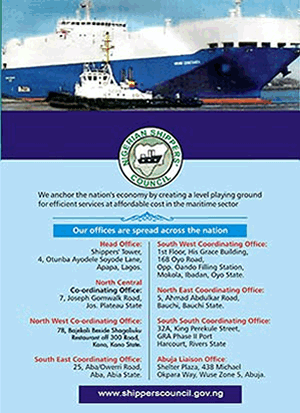


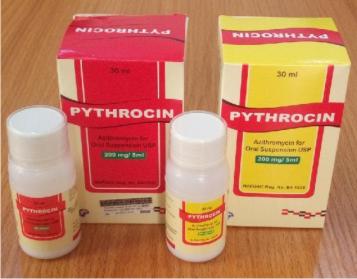

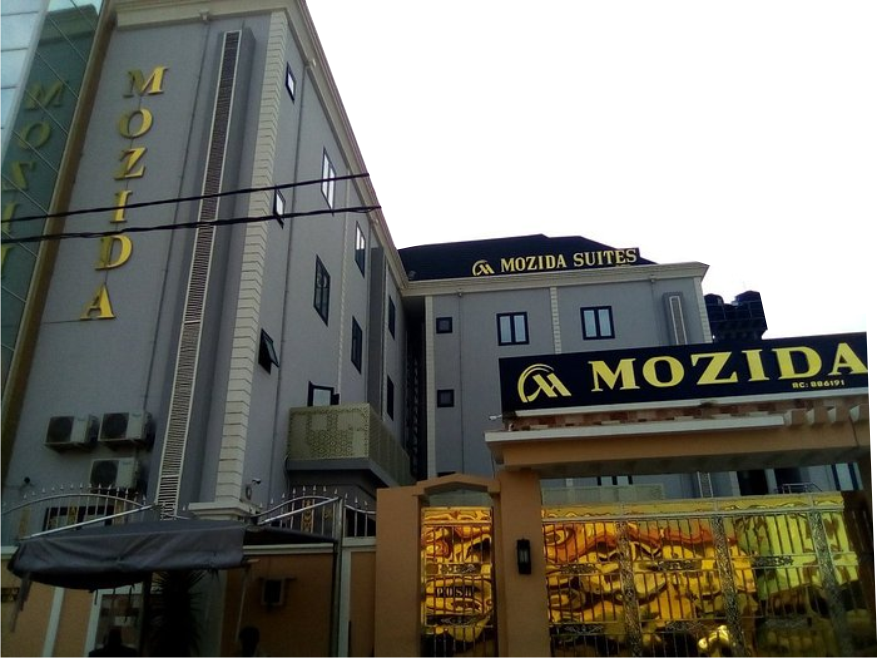


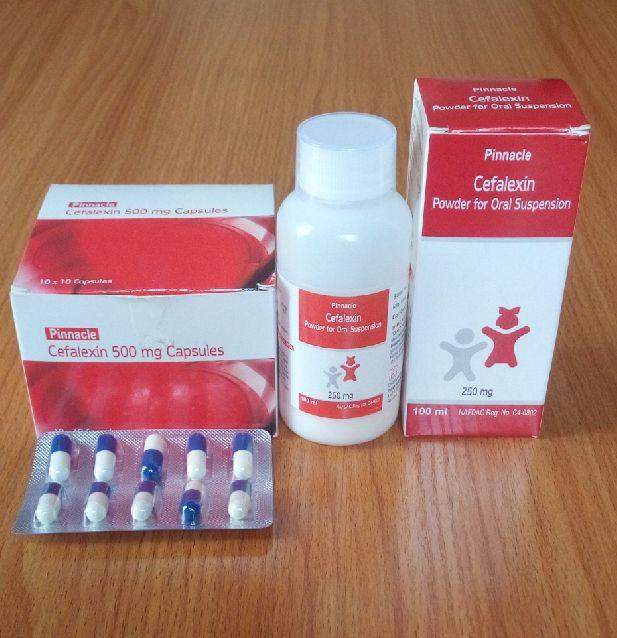

2025-09-18


